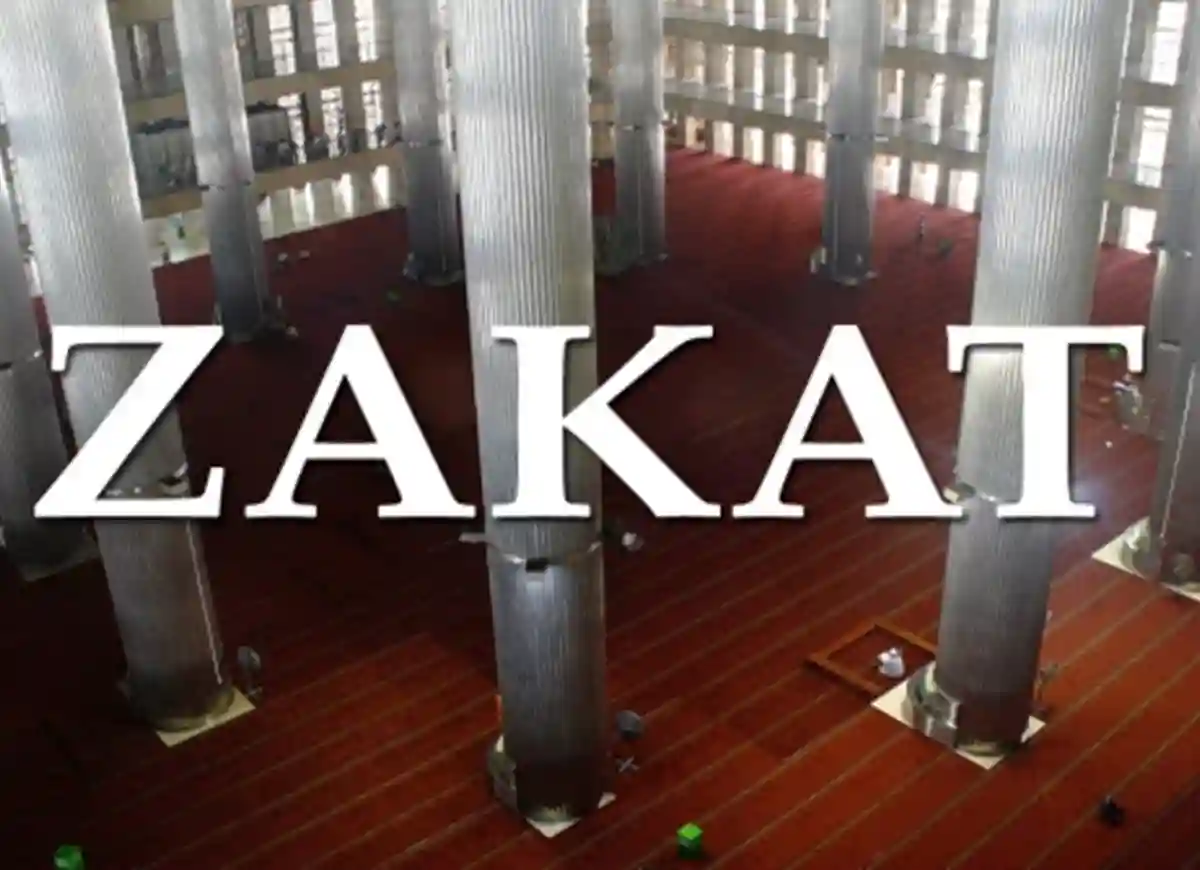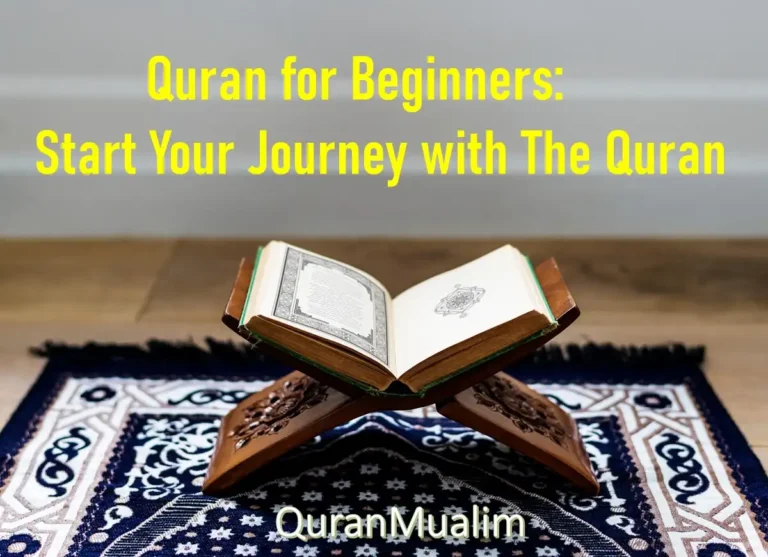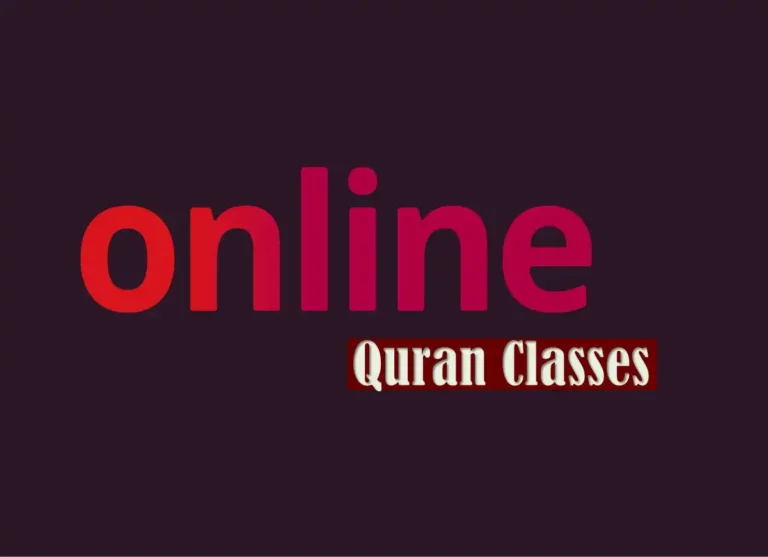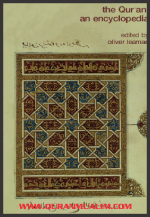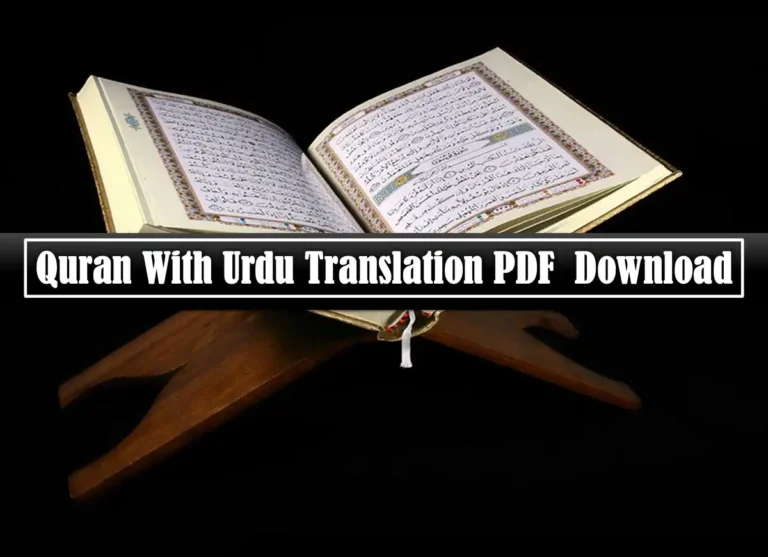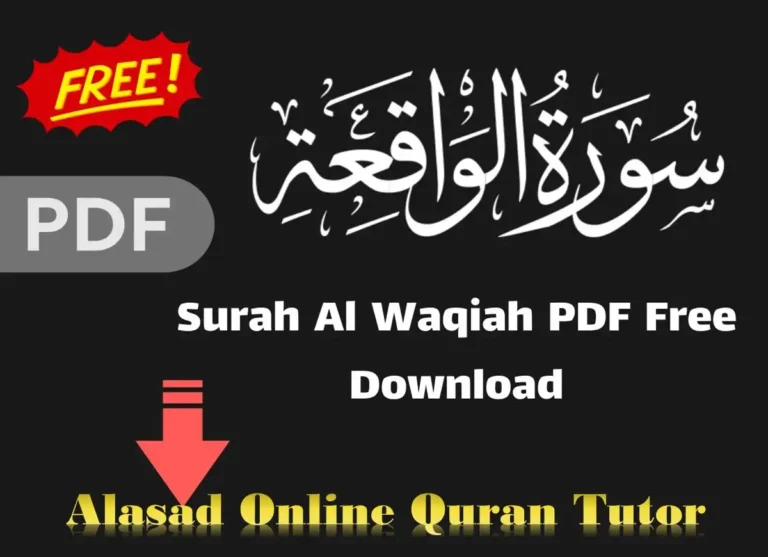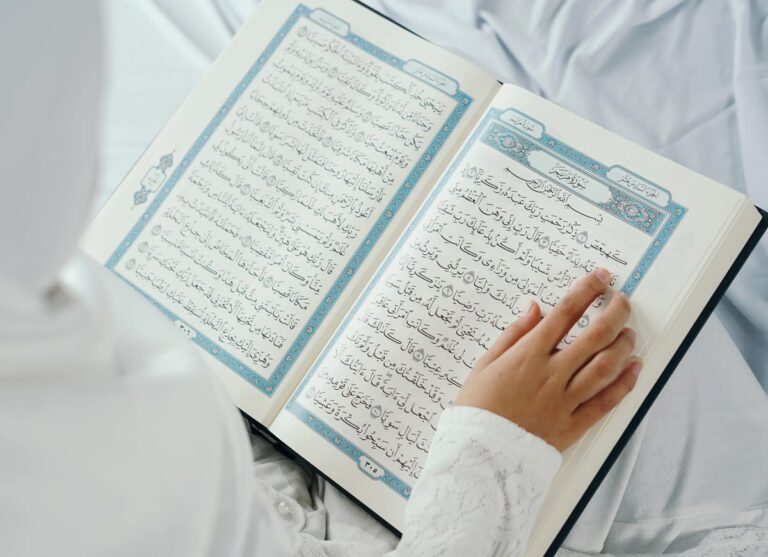Zakat – The Qur’an, Allah Almighty has identified 8 types of people that can be granted Zakah. Allah Almighty states: “Alms are for the most in need and the poor and for those who give the (funds) for those who have their hearts (recently) brought back (to Truth) and those who are with debts and bonds for the cause of Allah as well as for those who travel: (thus is it) that Allah has ordained Allah He is the Almighty, and Allah is abounding in wisdom and knowledge.” (At-Tawbah:60)
The phrase “in the foresight in the cause of Allah” also known as”in the cause of Allah” or Sabil Allah was commonly interpreted as “Jihad in the cause of Allah” or “Jihad Sabil Allah” as as such, several jurists confined the Zakah expense to this end.
Muslim jurists also believe it is in the Qur’an Allah employed the term “Lil fuqara”‘ wa Al-masakin, or “for the needy and poor and the word ‘lam’ and (for)” in this verse means Tamlik, which means possession. They interpret the verse above to suggest that those who are poor and in need ought to become the owners of these funds, or Tamlik Al-Zakah.
As in social and public welfare programs, no one is the beneficiary, therefore the way they interpret it, the Zakah is not to be used to accomplish this goal.
This is why you can find in the works of Fiqh statements that stress that Zakah should not be used for the construction of Masajid or hospitals, schools and hostels etc. because the money belongs to those who are in need and must be distributed to the poor. Some jurists are still of this firm belief about Zakah.
There are however several jurists of the present century, including Sheikh Muhammad ‘Abduh, Rashid Rida, Maulana Mawdudi, Amin Ahsan Islahi and Yusuf al-Qaradawi and other Fatwa organisations from Kuwait and Egypt These jurists believe that the expression ‘in the interest of Allah is the entire spectrum of. It’s a broad term and should be used to all situations in which it is necessary to help Islam as well as Muslims.
The scholars agree that it is acceptable to make use of Zakah funds to fund Da’wah and other public welfare programs. They believe that the phrase “for the needy and poor may also mean “for the benefit of the less fortunate and in need’.
Modern jurists also claim that in the past, Muslim governments were able to construct mosques, schools and also used to fund public welfare projects. Nowadays, there are many governments that do not have the right attitude in this regard. A lot of Muslims reside in areas with no Muslim government.
Additionally, the financial requirements of people have grown vast and varied that previous rules and restrictions are not fully enforceable and are not efficient in every location.
In his bestselling book, Fiqh Az-Zakah Yusuf Al-Qaradawi has extensively addressed this issue. His Fatwa states that in countries other than Muslims it is acceptable to make use of Zakah funds to construct Masajid schools, hospitals and schools.
Muslims from across the globe travel across the globe to Saudi Arabia, Kuwait, United Arab Emirates etc. to seek out money for the construction of their Mosques and schools. The majority of business owners in these countries contribute their Zakah to this cause. People from across the globe use this money to fund construction projects without question.
Today, there are numerous individuals who travel into North America to solicit funds to build mosques and schools in a few nations that are poor. American Muslims are also giving their Zakah to help build Masajid and schools in other nations.
It’s the idea of “fi Sabil Allah as well as supporting the Islamic cause in numerous countries which has helped set up Islamic institutions and mosques.
Zakah is mostly meant for the less fortunate and vulnerable and the majority of it should be used to help take care of their necessities. I think that for Mosque building Muslims should consider making additional charitable contributions and donate funds different from Zakah. But, it’s not prohibited to Muslims to contribute their Zakah funds for the construction of schools and mosques particularly in non-Muslim nations.
Islamic centres should have Zakah funds that are separate from the Islamic centers. If you do not wish to see your Zakah to be put into construction projects, should contribute all of their funds towards Zakah fund. Zakah fund. If they want to donate their Zakah to the Masjid construction should give it directly to the Masjid construction project.”
Categories: PRAYER (Salat), ALMS (Zakat), SAWN (Fasting) HAJJ (Pilgrimage) & DUA (Supplications), Hadith and Tafseer, The Holy Quran, Quran Jaz 1- 114
Topics: Ushr and Zakat, Hijab, Arabic Corner, Faith, Islamic History, Biography, Sirat ul Nabi PBUH, Islamic Studies, Halal & Haram
ZAKAT:
- Zakah | Zakat al Mal | Zakat – Learn Islam
- Zakat ul Fitr | Muslim Charity – Learn Islam
- Beneficiaries of Zakat | Islamic Relief Worldwide
- Importance and The Significance of Zakat in Islam
- Zakat Facts | Importance of Zakat | Benefits of Zakat
- Zakat al Fitr: The Obligatory Eid Gift to Be Made Before The End of Ramadan


